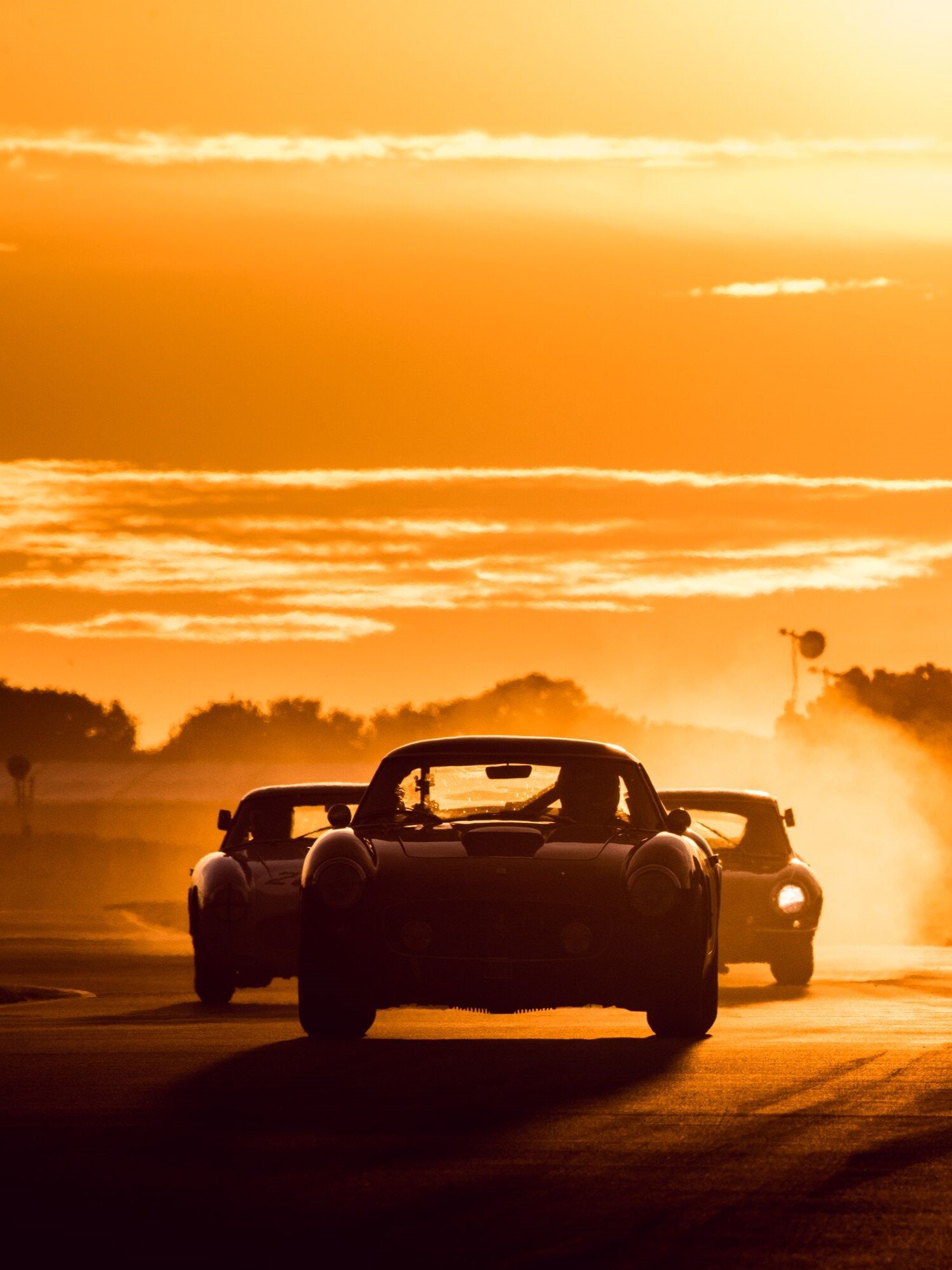The Porsche 935 Baby raced, won, then immediately retired
It’s known as the Baby, however its reputation is anything but its infancy. In fact, this Porsche 935 is one of the most recognisable of its generation, and while it may not have the lengthiest of racing records it certainly has an impressive one.

The Baby was born of a loose gibe that Porsche did not have a car to compete in the Deutsche Rennsport Meisterschaft (DRM) sub 2.0-litre Division 1 category which, according to Ford and BMW, was where the ‘real racing’ happened.
While the larger Division 2 was dominated by customer 935s, other manufacturers had turned their efforts to the smaller-capacity series, taking much of the media and public attention with them.
Understandably, Porsche wanted a slice of the action, and so then Chairman, Ernst Fuhrmann, instructed the motorsport department to build a car that could compete in this smaller DRM class, seemingly forgetting the fact that Porsche didn’t even have a 2.0-litre production engine at the time.

Enter stage right the Porsche 935/2.0, or the Baby, as it affectionately became known. The Baby was a seriously lightweight version of the full-fat 935 – so lightweight, in fact, that it was 15kg below the minimum weight limit of 730kg, leading Porsche to add lead weights to it. Not wanting their competitors in the open pitlane paddock to notice that the Baby was underweight, the engineers came up with the ingenious idea to melt the lead and pour it into the front tubular aluminium crash bars.
In an attempt to make the model as lightweight as possible, legendary Porsche engineer Norbert Singer, who was heading up the project, retained as little from the 911 Turbo shell as the rules required. While the roof, doors and floor remained, everything outside of the two bulkheads was removed, while purpose-built aluminium subframes were fitted to house the front and rear suspension, and the engine. Newly developed semi-trailing arm suspension was fitted in the custom rear end.
But it was in terms of looks where the 935/2.0 really stood out. The lightweight glass-fibre reinforced plastic bodywork included a full width whale tail and front spoiler, and was finished in the striking Martini colours, with contrasting wheel disks. But perhaps most interesting of all was how Singer got around the regulations that required the original rear window to be retained. As the engineer rightly noticed, there was nothing in the rules that prevented manufacturers from adding a second window above the original in order to improve the car’s overall aerodynamic shape.
Powering the petite Porsche was the 935’s air-cooled flat-six, with capacity reduced by means of swapping out the cylinders (made easy by Porsche’s individual cylinder and head configuration). As a result, the 1,425cc engine was Porsche’s smallest six-cylinder engine ever, which coined the Baby name. Fitted with a single turbocharger and a pair of air-to-air intercoolers, this powertrain produced an impressive 370bhp at 8,200rpm.

With the one-off model (chassis 935/2-001) built on a tight deadline, Porsche didn’t have time to test it ahead of its much anticipated debut in the hands of Jacky Ickx at the Norisring in early July 1977.
As a result, the gearbox ratios were too tall (later amended by fitting smaller diameter wheels), the engine lacked low-end torque and, most importantly, both Ickx and the Baby overheated in the scorching German sun, eventually withdrawing from the race. After sitting out a round, Porsche returned with a vengeance to the DRM support race of the 1977 German Grand Prix at the fast, full-length Hockenheimring, where Ickx set pole and won by 50 seconds, setting the fastest lap in the process. Mission accomplished, the Baby was retired to the Porsche Museum.

And last month that very same Porsche found itself at Goodwood Festival of Speed presented by Mastercard. Porsche have a very good reputation for bringing their prized race cars to Goodwood, and aside from the fact it’s always good to give older cars a bit of a run to keep them happy (or a really hard run in front of more than 100,000 spectators, as it is at the Festival) Porsche launched the new GT2 RS-based 935. Although inspired by the 935/78 ‘Moby Dick’, for Porsche it was an opportunity to have an old 935 alongside the new. Now let’s all just imagine Porsche racing the new 935, at the Hockenheimring, perhaps…
Photography by James Lynch.
Porsche
935
Motorsport
FOS
FOS 2019
2019
DRM
































































